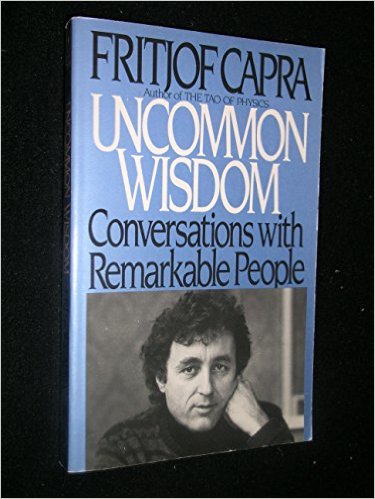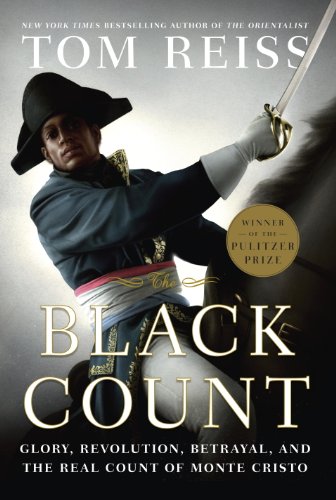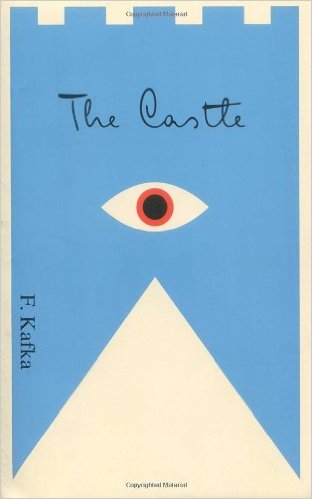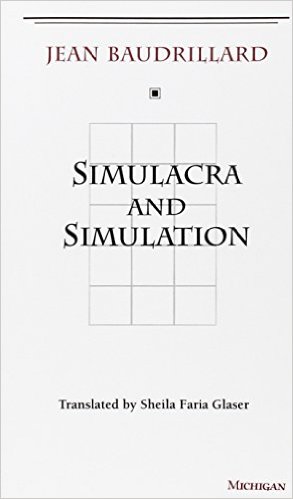Marina Abramovic's 6 favorite books
The world's best-known performance artist shares her most memorable reads

A free daily email with the biggest news stories of the day – and the best features from TheWeek.com
You are now subscribed
Your newsletter sign-up was successful
Zizek's Jokes by Slavoj Zizek (MIT Press, $20).

Since I live in America, my appetite for dark Balkan humor is greater than ever — especially in this moment of incredible political correctness in comedy.
The Secret Oral Teachings in Tibetan Buddhist Sects by Alexandra David-Neel and Lama Yongden (City Lights, $14).
The Week
Escape your echo chamber. Get the facts behind the news, plus analysis from multiple perspectives.

Sign up for The Week's Free Newsletters
From our morning news briefing to a weekly Good News Newsletter, get the best of The Week delivered directly to your inbox.
From our morning news briefing to a weekly Good News Newsletter, get the best of The Week delivered directly to your inbox.

This is one of my favorite books of all time. I discovered it in my early 20s, and I have never stopped learning from it.
Uncommon Wisdom by Fritjof Capra (out of print).

There is always something to learn from humans who have true wisdom. This collection of conversations with economists, physicists, doctors, and anthropologists is timeless, with parts that can be read again and again. And you don't need to read it from beginning to end. I open the book with closed eyes and point to sections at random to read. For me any part of this text can answer my deepest questions.
The Black Count by Tom Reiss (Broadway, $16).
A free daily email with the biggest news stories of the day – and the best features from TheWeek.com

Brilliantly researched, this book transports you vividly into the world of Thomas-Alexandre Dumas, a mixed-race nobleman and soldier during the French Revolution who inspired his son, Alexandre Dumas, to write The Count of Monte Cristo. It is a must-read.
The Castle by Franz Kafka (Oxford, $16).

Kafka's unfinished novel features so many lives and so many different moments from the development of our society. Its lessons can be applied to the cultural and political moment we live in right now.
Simulacra and Simulation by Jean Baudrillard (Univ. of Michigan, $18).

Our developed world is bursting with screens and projections pumping out an incessant stream of what's real, and what's represented to be real. In this moment when we are witnessing the evolution of virtual reality, I find Baudrillard's classic work of semiotics especially relevant. It has been hugely influential for me as a basis from which to explore important concepts and ethics around what our relationship with art and meaning will become. In the future, we will increasingly view the world through representations of reality, which will become so realistic that our brains could become completely deceived.
— Marina Abramovic, the world's best-known performance artist, has been provoking audiences for half a century. Her new memoir, Walk Through Walls, recounts her journey from a childhood in Belgrade to art superstardom in New York.
-
 What to know before filing your own taxes for the first time
What to know before filing your own taxes for the first timethe explainer Tackle this financial milestone with confidence
-
 The biggest box office flops of the 21st century
The biggest box office flops of the 21st centuryin depth Unnecessary remakes and turgid, expensive CGI-fests highlight this list of these most notorious box-office losers
-
 The 10 most infamous abductions in modern history
The 10 most infamous abductions in modern historyin depth The taking of Savannah Guthrie’s mother, Nancy, is the latest in a long string of high-profile kidnappings